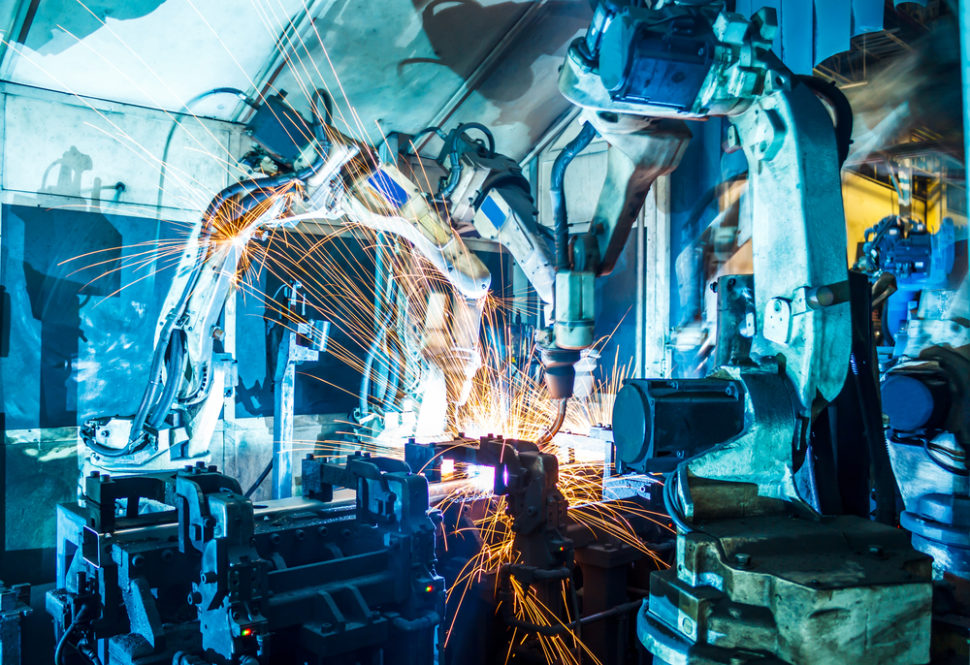By 2030, industrial robots would have taken over about 20 million manufacturing jobs across the world. Although this is expected to boost the economic output, it could also worsen a growing trend of social inequality, according to a new study.
Now more than ever, the world is depending on robots and automation for industrial purposes. According to a Loup Venture research, industrial robotics market is supposed to grow by 175 percent over the next decade.
While this undoubtedly offers economic benefits, it also comes with a significant downside. By killing low-skill jobs, industrial robots could inadvertently increase social and economic stress.
Now, researchers at U.K.-based research and consulting firm Oxford Economics are saying that machines are ready to take on more tasks.
While robots have taken over millions of manufacturing jobs, the machines were a bit behind in services – until now. Thanks to advances in computer vision, machine learning, and speech recognition, more jobs are at risk than ever.
Industrial Robots Are Coming For Your Jobs
According to the study, job losses in lower-skilled regions will be twice as high as those in the higher-skilled areas.
Now, you may argue that the rise of technologies such as self-driving cars, robotic chef, and automated factories could provide more jobs than it would destroy. And, that could be right.
The new study suggests that “robotization” will create as many jobs as it takes away. And, this would ultimately increase productivity and economic growth.
The researchers estimated that the global economy would enjoy a “robotic dividend” of $5 trillion by 2030.
But, as many analysts point out, automation has also created a skill gap that leaves many workers out.
The authors wrote:
“We found that jobs, where repetitive functions are required, are most affected, with those such as warehouse work at imminent risk.”
It’s not only manufacturing jobs that are at risk. The authors also added that machines would play an essential role in other sectors as well.
These include transport, healthcare, hospitality, farming, and retail.
With that said, workplace robots can’t wholly replace humans – not yet.
For the next decade, humans would still hold positions that require creativity, social intelligence, and compassion.
In an attempt to protect the low-skilled workers, policymakers may also try to slow down the adoption of robotic technology. But, the authors warn that it’s a bad idea.
They noted:
“Instead, the focus should be to use the robotics dividend to help those in vulnerable regions ready themselves for the major upheaval ahead.”
“Preparing for and responding to the social impacts of automation will be the defining challenge of the next decade,” they concluded.


















Comments (0)
Least Recent